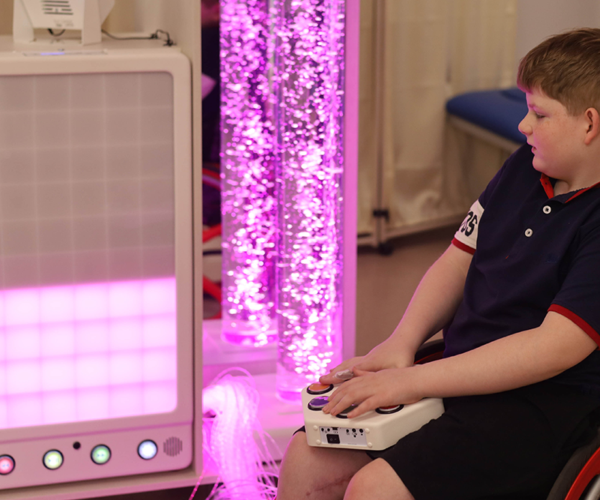Dr Jacqueline Gould of SAHMRI and her team have previously shown that Omega 3 DHA given to very preterm infants can improve their IQ.
With funding from our Bloom Research Program, they will now undertake research to develop guidelines that will make DHA supplementation in very preterm infants standard practice in South Australia and beyond.
Very preterm infants miss out on months of placental supply of the Omega 3 fatty acid docosahexaenoic acid, or DHA, during a phase of rapid neurodevelopment.
Dr Gould and the team of researchers at SAHMRI Women and Kids have a long history of groundbreaking research exploring the benefits of DHA in women and babies.
One of their recent findings was that very preterm infants supplemented with DHA have a higher IQ.
Dr Gould says, “Of the infants who miss that full last trimester of the placental supply of DHA, about 50% will have some kind of neurodevelopmental problem, like a learning disability or a behavioural problem.”
“We’ve seen that if you can restore the DHA supply to these infants after birth, you increase their IQ by about three and a half points.”
Funds from our Bloom Research Program will enable the team to undertake a series of projects to resolve the remaining evidence gaps before developing guidelines that will allow adoption of DHA supplementation in very preterm babies in South Australia, and beyond, through their project titled ‘Overcoming barriers to clinical practice: meeting the omega-3 fat DHA requirements of infants born very preterm with personalised feeding protocols.’




